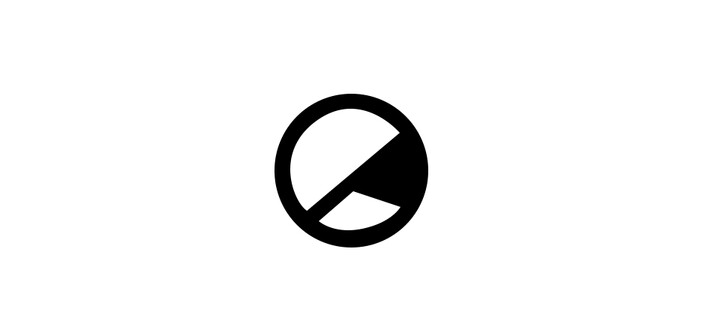Smile guys, this isn’t just the best TV show Marvel has produced, it’s easily one of the best of the year.
-
10
**SPOILER WARNING FOR THE ENTIRETY OF JESSICA JONES SEASON 1**
There can be no doubt after the finale. Jessica Jones (Krysten Ritter) is a feisty, dry-witted, extremely guarded character with superpowers, recovering from intense trauma through self-destruction – alcohol and guilt do great things. She is a great character, played to perfection by Ritter. She is flawed. Yet the show is anything but.
One of the absolute best things about Jessica Jones is how for almost the whole of its run, Jessica has been against putting Kilgrave (David Tennant) in the ground, even if that’s arguably what he deserves, and the only way to handle him. They work through every legal aspect of dealing with him meticulously, so that when she finally grabs him by jaw and breaks his neck with one hand, it’s earned and understood. That doesn’t make it easy to see him go: Tennant’s character gets not just outright villainy to chew on (in one particularly delicious stage-bound scene in Episode 12’s climax for instance), but a deep pathos and loathing. As he struggled to increase his power with one final great push in the finale however, he was as brutal as ever. A broken child grown into a sociopath, Tennant’s charm and immensely watchable presence could have Hans Gruber-ed him; instead it’s a key element to his arc, and what makes him so enduring and terrifying.
The finale continues the theme of trauma and the various ways we deal with it, and doesn’t quite resolve it. Which is brilliant. When Jessica turns off her phone after her newfound notoriety gets her too many clients, we know it’s not because she doesn’t care about their silly problems, but that she’s been through a lot. She had to shoot the man she liked a lot, in the face with a shotgun for that matter, and he was barely able to recover. But there’s the key element that Marvel brings – they’re on the side of good. Jessica moves on from her trauma slightly, chipping away at the badness in other people’s lives as much as hers. Malcolm (Eka Darville) returns late in the game to give Claire Temple (Rosario Dawson, always welcome) a hand, another person moving on by helping other people. Even Claire herself, so deftly and likeably played by Dawson, patently refuses to look the other way and let people at risk be left that way.
However, the fact that it takes Trish Walker (Rachael Taylor) more than anyone else, for Jessica Jones to not only be able to fight Kilgrave, but to go the step further, is about as (almost extremely) feminist an ending we could have expected: two women with very different lifestyle approaches, coming together out of both love and the need to destroy their (white male) controlling oppressors. Jessica Jones is an almost perfect execution of superheroes, in the antithesis of Marvel’s approach for the films – bringing the powers into a real and grounded world, with that right level of grit, where no-one is a “superhero” as we understand them. And Marvel brought it to us. It’s at this point you should trust that they can do no wrong.
Season 1 of Jessica Jones (2015) is available to stream in its entirety on Netflix.



